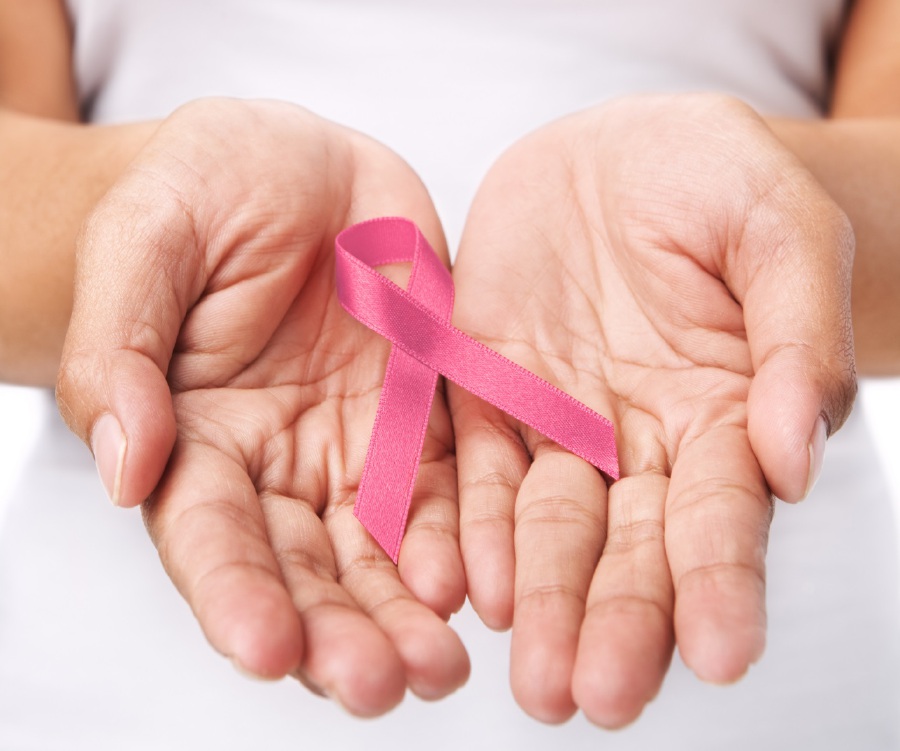VERY few would deny that cancer to this day remains among the world’s most dreaded disease.
Despite many years of research, cancer is still not fully tamed.
There have been some progress, of course, in the diagnostics and the therapeutics to treat some cancers.
Over the years the survival rates have shown some increase. But the search for a cure remains elusive.
Can this change? What will it take to turn cancer into just another chronic disease? Just like the HIV (human immuno deficiency virus) infection which was at one time also a dreaded illness.
Nowadays, HIV is just as manageable as diabetes and hypertension. Can cancer be one day just as manageable?
This line of questioning has become commonplace in many recent discourses on cancer, not only among the medical fraternity, but also among the larger academics.
Through concerted efforts, many groups are now joining hands to embark on a new initiative to declare a full-blown war on cancer.
This ambitious initiative will be launched by no less than the deputy prime minister herself. Can this new initiative make a difference?
The truth is that we all have had encounters with cancer. Some have personally experienced battling the disease. Others have had the occasion to witness firsthand how close family members succumbed to the disease. I know of many close friends who have left us because of cancer. In other words, the disease has become rather common.
Many reasons have been cited for the rise in the cases. Better availability of statistics is one. Many also blame the rise on worsening environmental pollution, especially air pollution. A few also attribute the rise to the food we eat. Many studies have pointed to the uncontrolled use of unnatural chemical ingredients in our cuisine. All these need proper studies.
What is clear is that cancer is a multi-factor disease. It is not just caused by a single factor. It can be a combination of factors. Genetic disposition, for example, has also been reasoned as one possible factor. The treatment of cancer also has many approaches. Often doctors would prescribe a combination of surgery, drugs, radiation and other forms of therapy. Many treatments based on traditional medicines have also been tried. But whatever it is, early detection has proven to be the best way to fight the disease. The problem is many are not aware until the disease has reached a late stage. This is where a public awareness campaign becomes desirable and critical.
There also has to be better coordination among research groups in the country. Regular sharing of research findings would be another feature of the collaboration. Not to mention collaboration with international research partners. The end game is to build globally recognised experts in the country.
Take the case of traditional cures for cancer. As a country with diverse ethnic groups, the nation is rich in traditional cancer cures.
Many are based on herbal concoctions. But there have been reports of some traditional cancer therapies based on insect species. In Sarawak, for example, the Penans have been resorting to local insects to treat cancer cases in their community. It may be pertinent to undertake scientific studies to confirm the mechanism of therapy as well as determine the active compounds doing the job.
There is no doubt that funding, talent and the right research facilities are key to the success of the war on cancer. A national research and development laboratory devoted to the war on cancer may be worth considering. Crowd-funding should also be deployed to motivate the contributions from non-governmental sources. Most of the funding may have to initially come from the government. However, over time, the public and the corporate sector may be persuaded to chip in.
Looking at the way Malaysians contribute to Tabung Harapan, there should be positive response to such a call. After all, the war on cancer is in the interest of all.
The writer is a fellow at the Academy of Sciences Malaysia, UCSI University



